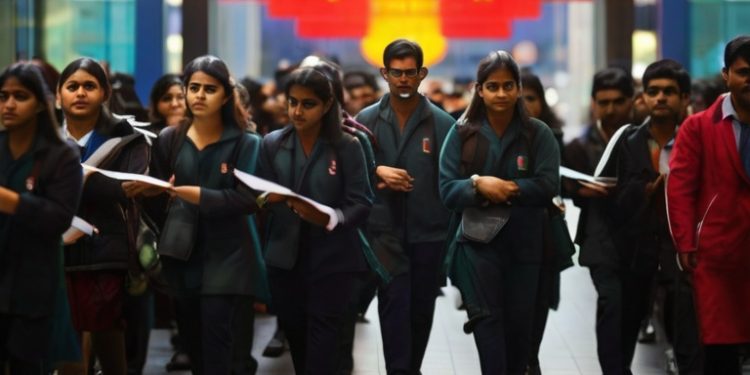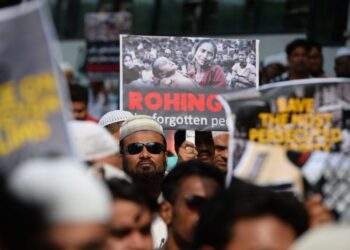Australia’s efforts to crackdown on visa fraud and tackle the issue of “ghost colleges” have led to a significant increase in the rejection rate for offshore applications from Indian students. According to Home Affairs data, just over 10% of Indian nationals’ offshore applications to study at international colleges were accepted in the current financial year. This is more than 50% higher than the rejection rate for Chinese students, who constitute Australia’s largest international student cohort.
The crackdown is part of a broader initiative to eliminate fraudulent practices in the education sector, particularly at institutions labeled as “ghost colleges” where campuses remain largely empty despite having enrolled numerous students. The top universities in Australia support the government’s efforts to tighten regulations to ensure the enrollment of genuine students.
However, critics argue that the government’s approach appears inconsistent, as it sends mixed messages to India, the second-largest international student cohort in Australia. The rejection rates for Indian students, both for universities and vocational education and training (VET) sectors, surpass those for Chinese students. The International Tertiary Education Council of Australia and student advocates raise concerns that the government risks being seen as chaotic and lacking coordination in its policies.
While the government emphasizes a non-discriminatory visa program, the rejection rates have sparked discussions about the need for a balance between security measures and fairness to ensure deserving students are welcomed. The Department of Home Affairs attributes the increase in visa refusal rates to a rise in student visa fraud post-pandemic, leading to longer processing times for certain cohorts.
The Australian government’s actions come as part of its broader plan to reduce net overseas migration by June 2025. This plan involves stricter English language requirements, fewer work rights, and prohibitions on colleges paying education agents to recruit students from rival institutions. The Group of Eight (Go8), representing Australia’s most research-intensive universities, emphasizes the need for a visa system that recognizes genuine applicants and focuses on quality students.
The rejection rates for Indian students highlight the delicate balance between ensuring the integrity of the education system, addressing visa fraud, and maintaining a welcoming environment for international students, especially from key source countries like India.











